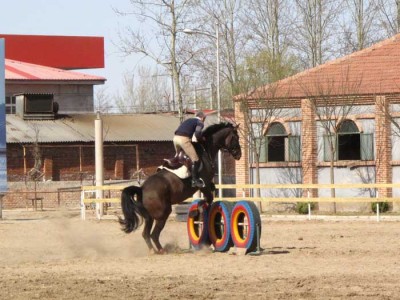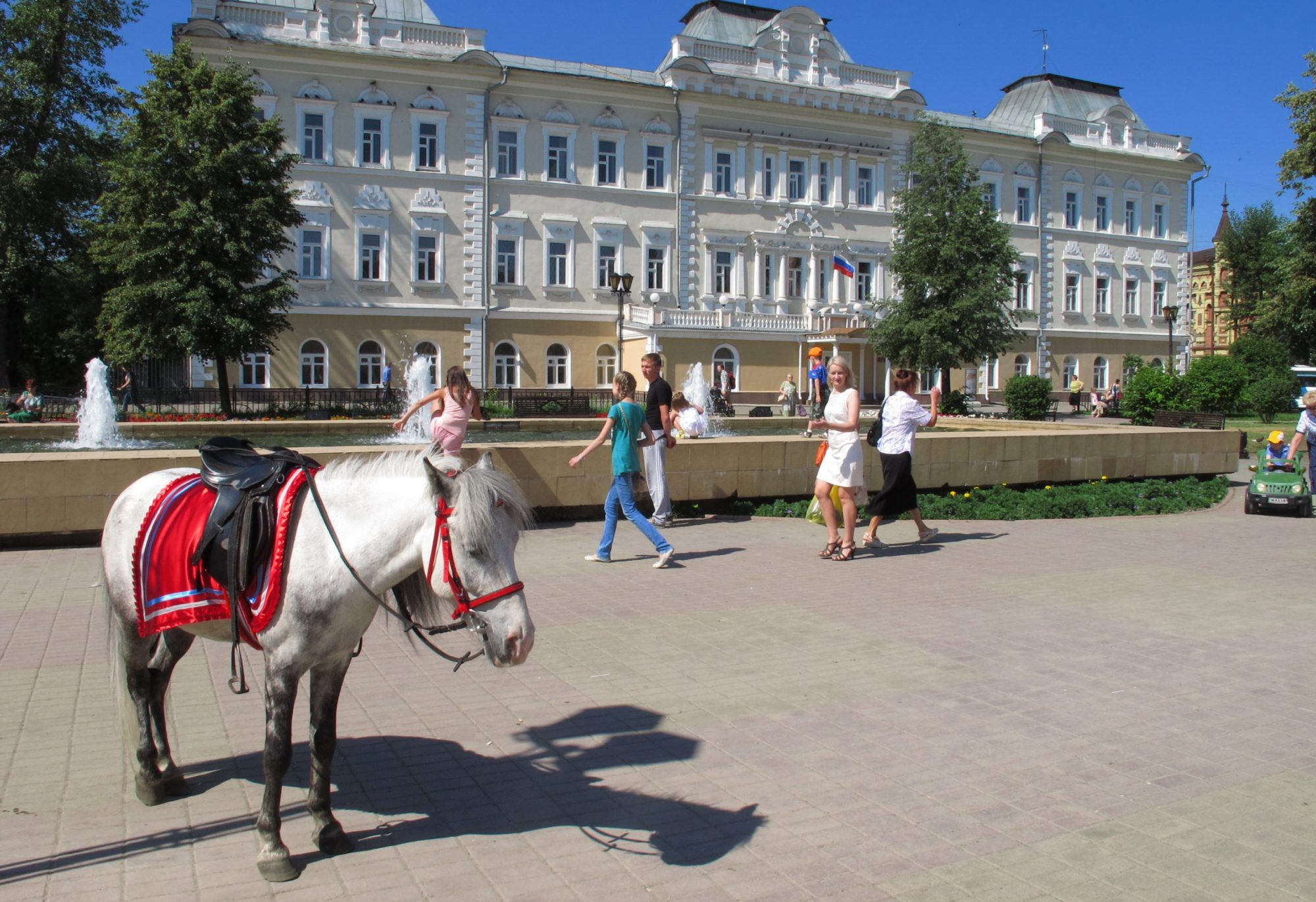A recent visit to a hard to find equestrian club in Beijing’s industrial northern suburbs showed me how fast the market for horses has grown in Beijing in the past five years. The Guofa Equestrian Club (which also uses English name: ‘the Demeanour Club’) is clearly one of the city’s higher-end clubs, with 90 horses and indoor, outdoor arenas. Lesser known and advertised than the likes of Equueleus, this rambling facility houses 40 horses imported for private, local owners.
The Guofa Equestrian Club in the Liqiao township of Shunyi District, near the capital airport. Agressive marketers the Guofa had phoned me continuously for several weeks after an initial enquiry, wondering when I was going to visit. Yet curiously I was left to my own devices when several potential clients showed up bearing all the insignia of connected, nouveau riche Chinese: a black Audi with military-issued plates.

Guofa’s rates vary from RMB6,800 for 30 45-minute sessions to RMB25,800 for a year’s unlimited access. These rates however are misleading: trainers cost RMB100 to RMB300 an hour extra – the latter rate, we were promised, gets you 45 minutes with a ‘national champion rider’ though exact details were hard to get. Also, you’ll ride club horses, which are retired race horses trucked up from Hong Kong.
Two other points: conversations with several club members revealed common themes: wealthy women form a considerable portion of the membership, and seem particularly keen on acquiring their own horses even at a very early stage of their riding development. One lady, in her early 30s, rides at a fairly elementary level yet had spent RMB40,000 to acquire an Australian-born retired racehorse, now stabled at the Guofa.
While the visit was friendly and informative the Guofa salesman’s assurances that the club is a mere hour’s drive (‘five minutes from the airport’) were rubbish. The long, 110 minute ride back home to the city centre was the more exhausting part of a day on the road and reminded me of the most forbidding aspect of riding in Beijing: the traffic getting there.
